Description
FOXBORO SCD2200-RTU – Remote Terminal Unit Control Module for Reliable SCADA and Field Automation
The FOXBORO SCD2200-RTU is built for the kind of remote sites where you need dependable data acquisition, protocol bridging, and edge control without babysitting the equipment. From my experience, it’s a solid fit for oil and gas pipelines, water plants, and power distribution assets where telemetry uptime and standards-based communication really matter. You might notice that it behaves like a PLC and an RTU in one—collecting signals, running logic, and pushing clean data up to your SCADA over Ethernet or serial links.
Company’s Order Placement Process and Guarantees
- Warranty: 365 days
- Lead time: 1 week if in stock; not more than 1 month at the latest
- Payment: 50% advance payment; full payment prior to delivery
- Express shipping: FedEx, UPS, DHL
- Each unit is tested prior to dispatch, with anti-static and shock-safe packaging
Key Features
- Industrial-grade RTU design – Built for continuous operation at remote stations; typically handles temperature extremes and electrical noise well.
- Multi-protocol interoperability – DNP3, Modbus RTU/TCP, and IEC 60870-5-101/104 are commonly supported, making it easy to integrate with existing SCADA.
- Modular I/O options – Digital inputs/outputs, analog inputs/outputs, and pulse/counter points so you can tailor channel counts to the site.
- Edge control logic – In many cases supports IEC 61131-3 style logic, so local interlocks and fallback control keep running even if comms drop.
- Flexible networking – 10/100 Ethernet plus RS‑232/RS‑485 serial ports; supports both serial and TCP/IP polling.
- Time synchronization – NTP (and GPS time where available) for time-stamped events and sequence-of-events analysis.
- Low power footprint – Typically 24 VDC supply, suitable for solar/battery-powered sites with proper sizing.
- Rugged installation – DIN-rail or panel-mount cabinet installation with surge protection and grounding practices that field technicians already know.
Technical Specifications
| Brand / Model | FOXBORO SCD2200-RTU |
| Product Type | Remote Terminal Unit (RTU) Control Module for SCADA |
| HS Code | 8537.10 (Boards/panels for electric control, ≤1000 V) |
| Power Requirements | 24 VDC nominal (wide-range DC input commonly supported; low power operation for remote sites) |
| Operating Temperature | Typically -40 to +70 °C (industrial environment) |
| Signal I/O Types | Digital IN/OUT, Analog IN/OUT, Pulse/Counter; modular expansion depending on configuration |
| Communication Interfaces | 10/100 Ethernet; RS-232/RS-485 serial; protocols commonly include DNP3, Modbus RTU/TCP, IEC 60870-5-101/104; NTP time sync |
| Installation Method | DIN-rail or panel-mount inside a control cabinet (IP20-class internal mounting) |
Application Fields
This model is typically deployed where distributed assets need secure, timestamped telemetry and local autonomy:
- Oil & gas wellheads, separators, LACT units, and pipeline block valves
- Water/wastewater lift stations, reservoirs, and remote chlorination skids
- Power distribution reclosers, capacitor banks, and substation IED aggregation
- Mining dewatering systems and environmental monitoring points
- Renewables (solar/battery installations) requiring low-power SCADA nodes
One thing I appreciate is how easily it drops into mixed-protocol plants—bridging legacy serial devices while speaking modern TCP to central SCADA. A utility client told us their field techs cut site commissioning time by about 30% because they didn’t have to swap instruments or rewrite master polling logic.
Advantages & Value
- Interoperability first – DNP3, Modbus, and IEC 60870 support means fewer protocol gateways and simpler maintenance.
- Lifecycle stability – FOXBORO RTUs are known for long service windows; spares and firmware support tend to be available for years.
- Lower total cost – Modular I/O avoids overbuying channels; field wiring and configuration are straightforward.
- Rugged reliability – Designed with industrial EMC immunity and temperature tolerance for unmanned sites.
- Support-friendly – Event logging, time-sync, and standards-based tooling make troubleshooting faster in most cases.
Installation & Maintenance
- Cabinet & mounting: Install on DIN-rail or panel plate in a ventilated NEMA-rated enclosure. Keep clearances for airflow and service access.
- Power & grounding: Use a clean 24 VDC supply sized for RTU + I/O loads. Bond protective earth; add surge protection on field lines and antenna/coax where applicable.
- Wiring practices: Separate low-level analog from high-voltage or relay wiring; use twisted pair/shielded cable for analog and RS-485 runs; terminate per bus standards.
- Network & security: Assign static IPs or managed DHCP; enable user roles and encrypted links where available; log access for audit trails.
- Routine maintenance: Back up configuration after any change; verify time-sync quarterly; check terminal torque; clean dust with dry air; review diagnostic/alarm logs.
- Calibration: Validate analog inputs/outputs against traceable standards at planned intervals, especially on custody-transfer points.
- Firmware updates: Plan updates during maintenance windows; keep rollback images; follow vendor release notes for protocol and security fixes.
Quality & Certifications
- CE and UL markings are commonly available for FOXBORO RTU families
- RoHS compliance for applicable configurations
- Hazardous-location ratings (e.g., Class I, Div 2) may be available depending on model options
- Standard warranty from us: 365 days; manufacturer’s policies may vary by region and configuration
If you’re replacing a legacy RTU or standardizing across remote assets, the FOXBORO SCD2200-RTU seems to be a safe, scalable choice—especially where mixed protocols and tough environments are the rule, not the exception.

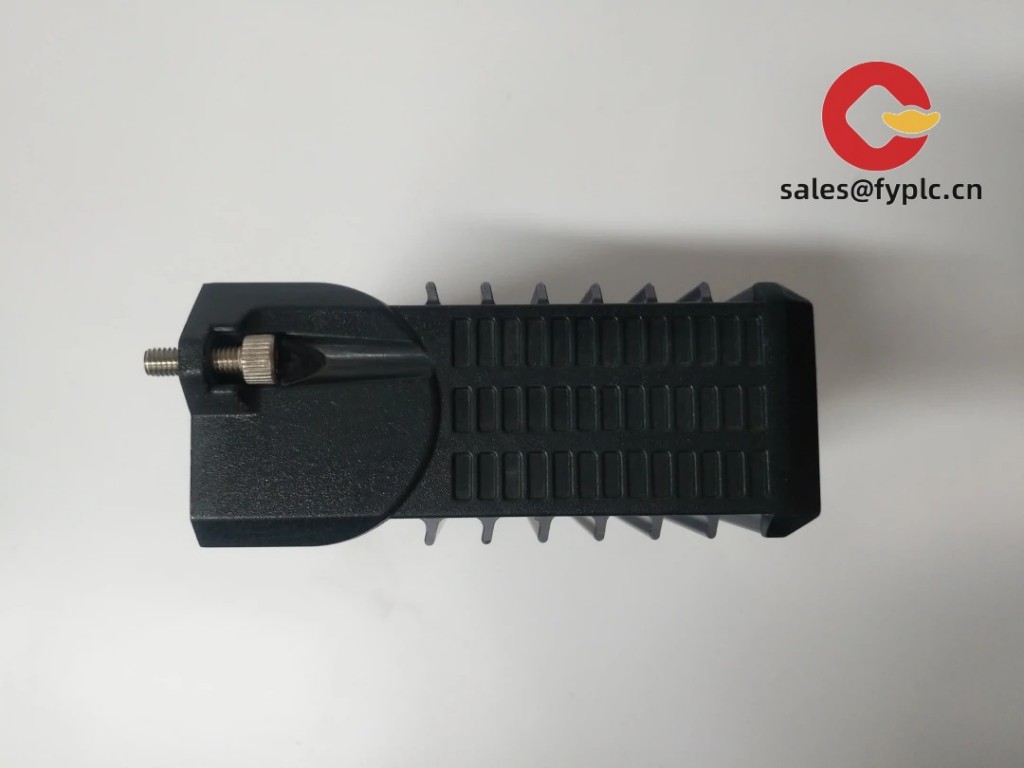
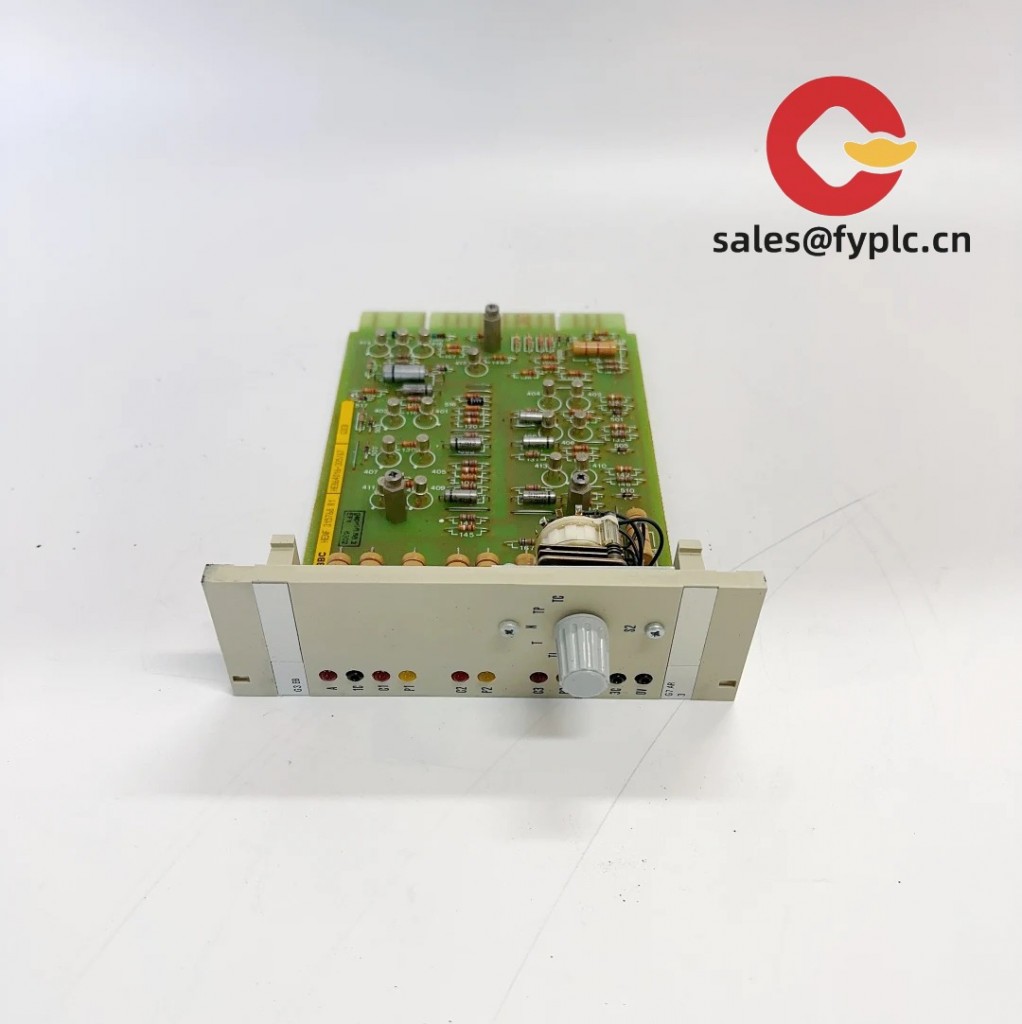


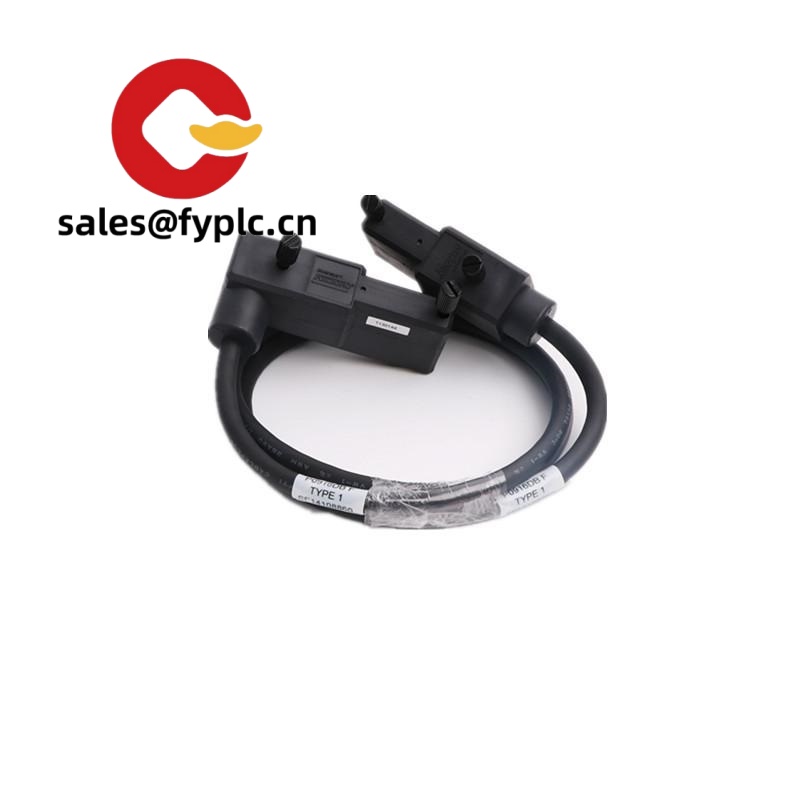
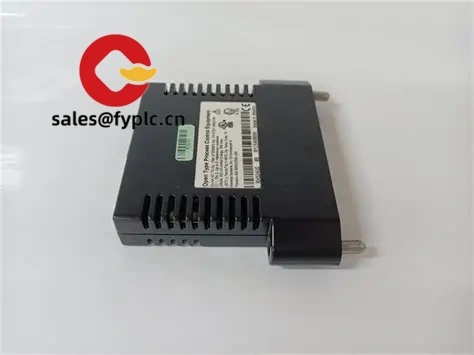
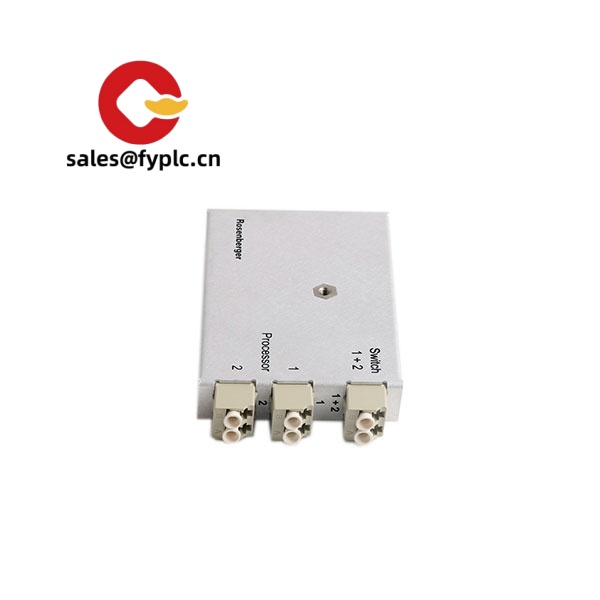
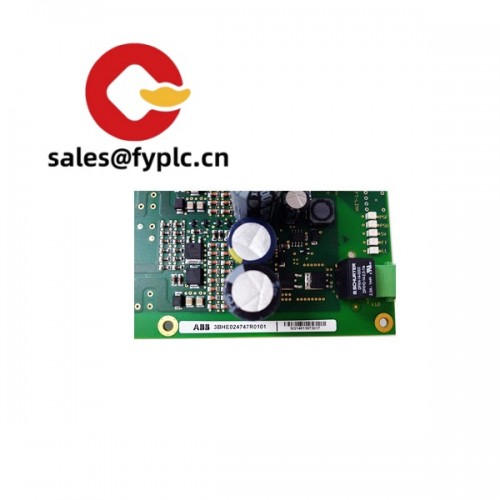
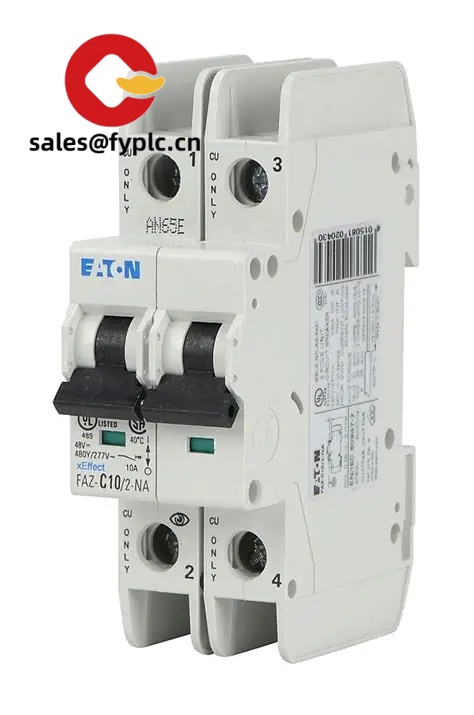
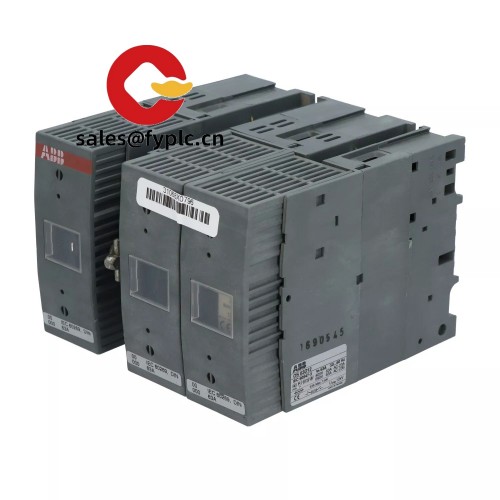
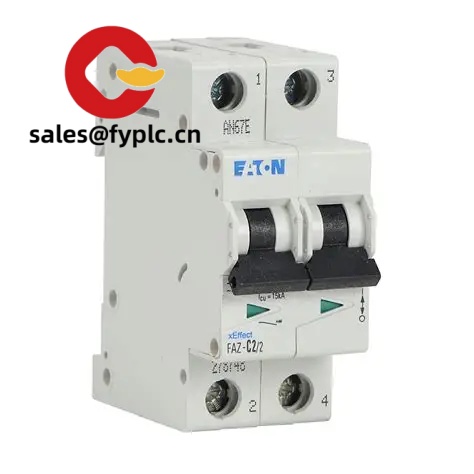
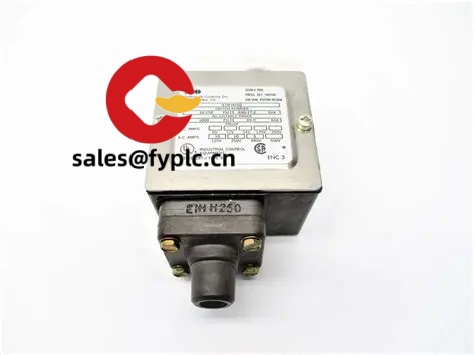


Reviews
There are no reviews yet.